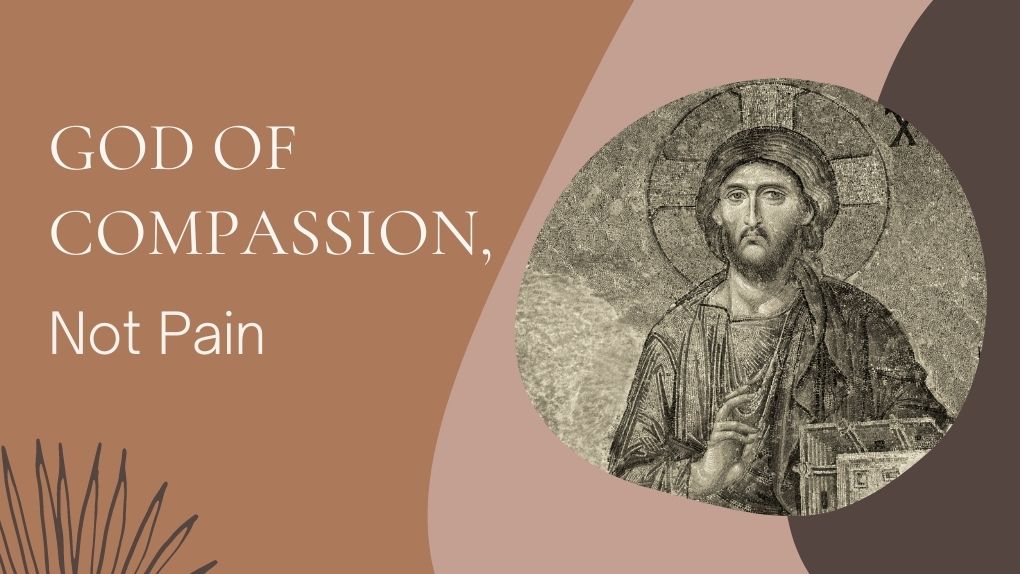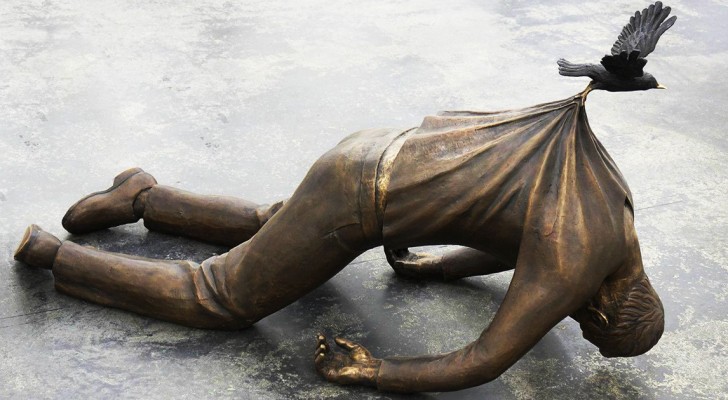Once, King Charles II visited John Milton when the great poet was old and obscure. Earlier, the King’s father was executed by the Puritans. The King was angry at the poet for siding with them and supporting their cause. “Your blindness is a judgment from God for the part you took against my father,” said the king. Milton replied, “If I have lost my sight through God’s judgment, what can you say of your father who lost his head?”
When tragedies and misfortunes strike, humanity from the most ancient times often understood and interpreted such events as divine punishment. The pain and suffering of innocent and good people is utterly irrational and ugly. When facing such harsh situations and circumstances, we often strive to find answers. Unable to find any explanation, and when nothing makes sense, we might assume that God is perhaps punishing us for some wrongdoing or sin. Such notions and understanding are often misguided, wrong and also dangerous.
Mistakenly interpreting human tragedy as a divine punishment is one of the topics in today’s Gospel reading. Some people approached Jesus and asked his opinion about the atrocity committed by Pilate when innocent pilgrims were slaughtered in Jerusalem for protesting and questioning his decision. The Gospel does not tell us what the exact question was, but judging from Jesus’ answer, it is clear that they were implying that perhaps it was God’s punishment for some mistakes and sins. Jesus dismisses this notion and understanding in a very clear and powerful way. “Do you think that these Galileans were worse sinners than all the other Galileans because they suffered this way? I tell you, no!” (Luke 13:2-3).
At the time of Jesus, it appears that there was a predominant understanding that human suffering and disease could be a result of sinful life and, therefore, a punishment from God. We come across this perspective also in the healing story of the blind man where the disciples ask Jesus to explain if the man was blind because of his or his parents’ sins (see John 9). There also, we see Jesus dismissing and reflecting such interpretation and understanding of human suffering. The Holy Bible contains numerous teaching moments reflecting on the intricate relationship and link between human suffering, sin and divine punishment. In fact, the topic is so crucial that the Holy Bible dedicated an entire book, the book of Job, to it. In Job, we see that his friends repeatedly and mistakenly try to convince the suffering holy man to repent and ask for forgiveness for his sins, assuming his suffering was divine punishment for his sins. And of course, they are proven to be wrong when Job is healed and justified by God himself.
The Holy Bible covers the issue of human suffering so extensively to teach and remind us that it is not necessarily a divine punishment. It warns us not to play God, not to try and force God – the ultimate symbol and source of love and compassion – into the ugliness and injustice of human pain and misery. God does inflict pain and sorrow or uses them as a punishment. But He does sometimes allow pain to serve as a wake-up call to warn his beloved children of imminent and grave danger and to draw us closer to his harbor of safety and healing where we can be restored and renewed physically and spiritually. There is no theology, logical and rational theory to understand human suffering. It simply reminds us that we live in a deeply broken world. Christ never promised that faith would save us from pain, suffering and death. But He did promise to be always with us with his precious presence and peace, helping, guiding and showing us the way.


